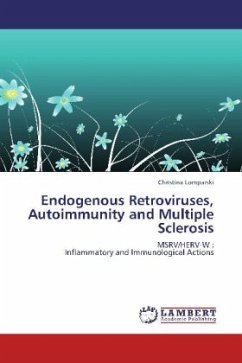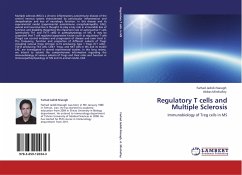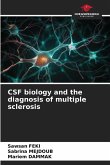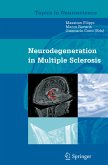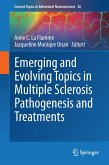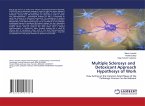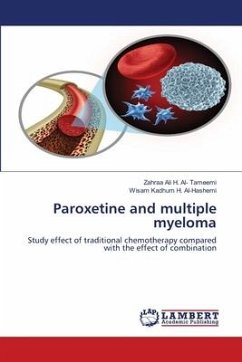Endogenous retroviruses (of the HERV-W family) represent about 8% (1%) of our genome. Their endogenous and exogenous forms (MSRV, Multiple Sclerosis-associated RetroVirus) can alter the regulation of the immune system and be involved in inflammatory and autoimmune pathologies (Multiple Sclerosis). The MSRV envelope protein (ENV) stimulates T lymphocytes by acting as a superantigen and interacts with monocytes and dendritic cells via membrane receptors, thereby provoking inflammatory cytokine production. The work presented in this thesis combines an in vitro cellular and molecular approach (immunological cascade from receptor interaction to pathology) with an in vivo validation using the mouse model Experimental Autoimmune Encephalomyelitis (EAE) in which the complete Freund's adjuvant can be replaced by ENV ; its effects are monitored by behavioural (clinical score), brain (MRI), cellular and molecular analysis. In order to create a transgenic mouse model expressing different ENVs (MSRV/HERV) ruled by different promoters, first steps of cloning have been done; behaviour, brain and immune system particularities of these mice shall be studied in futur works.
Bitte wählen Sie Ihr Anliegen aus.
Rechnungen
Retourenschein anfordern
Bestellstatus
Storno

